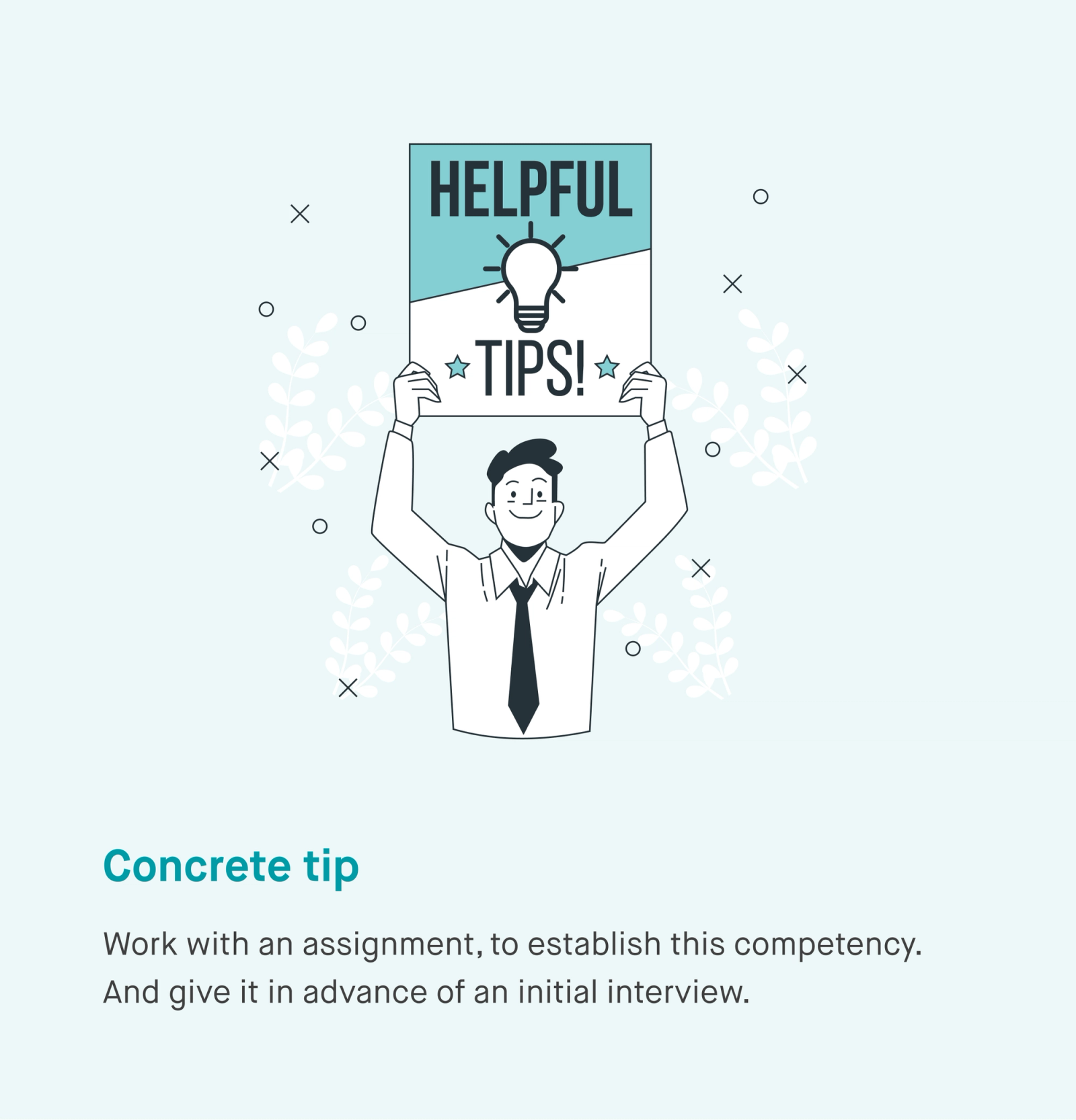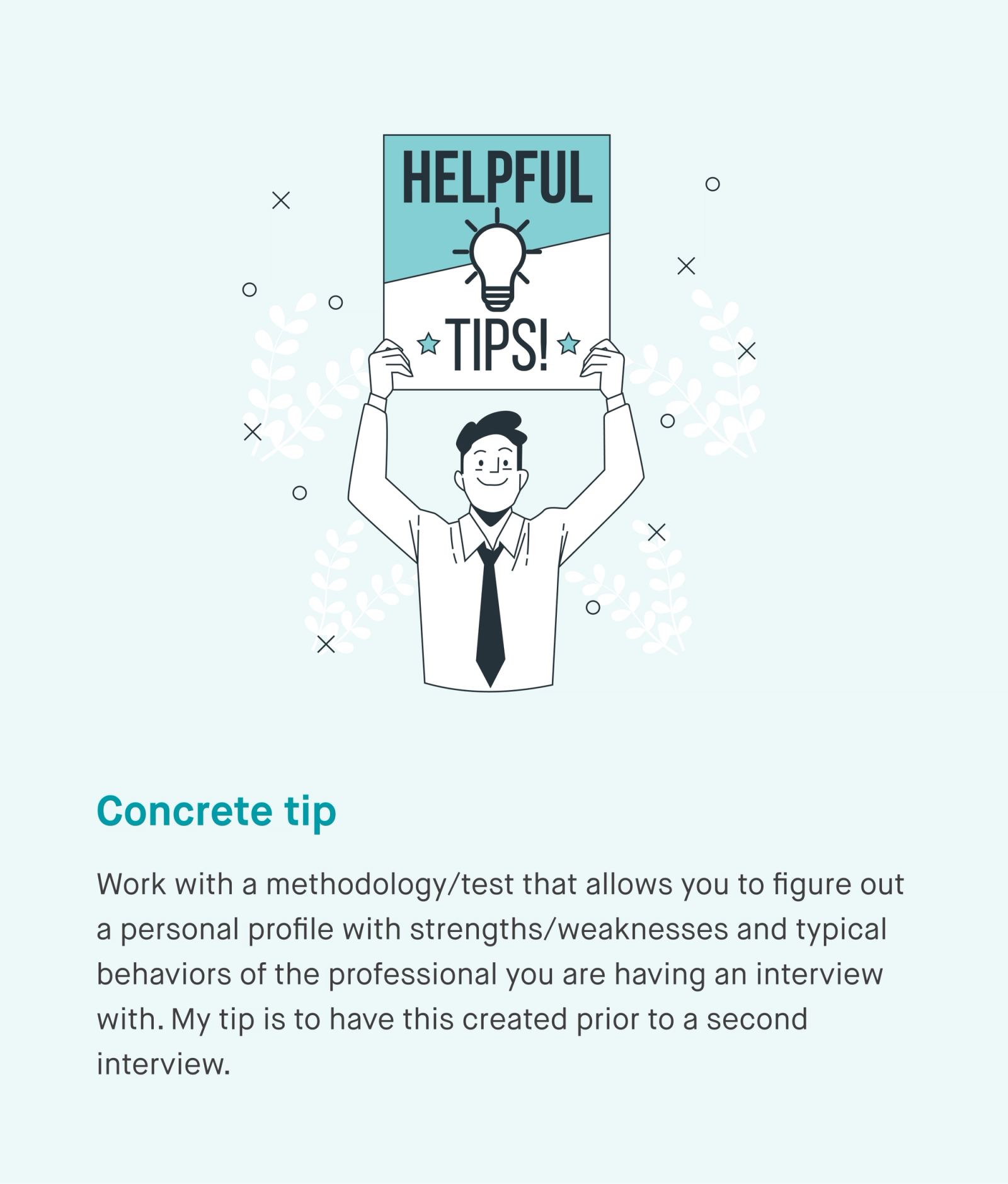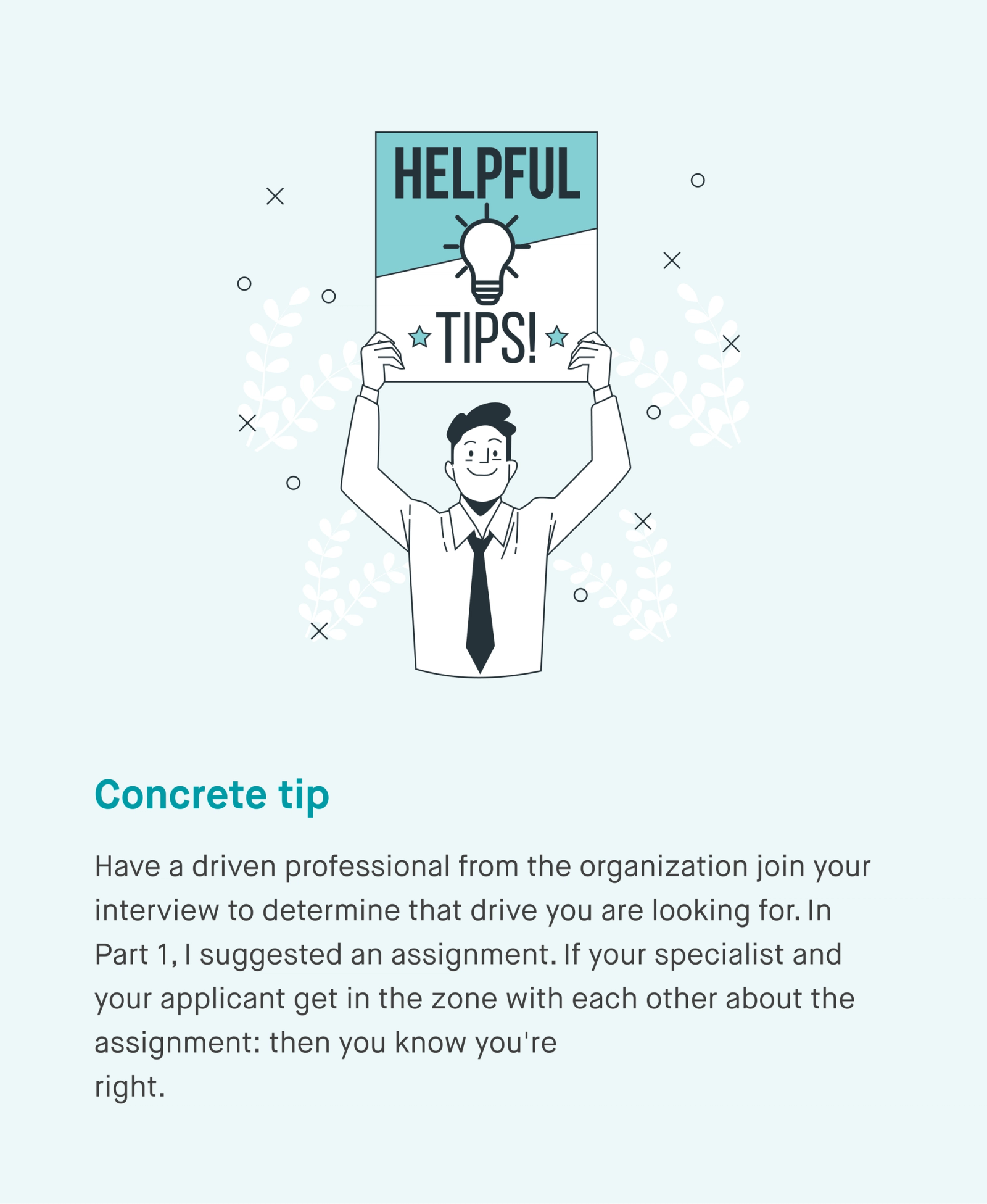A challenging project at your place requires more development capacity. The order of the day! But how do you fly this? Because assessing developers in a selection; it can be tricky. Especially if you are not necessarily very technical, but involved in staffing teams. For example as a Product Owner, Manager or if you have a recruitment or HR function. If you have to make it clear exactly what you are looking for in a profile, review resumes and/or conduct interviews
PART 1: Don't turf years of experience!
What we see a lot of is that the number of years of experience counts as a high indicator of a developer's quality. “Lots of experience? Then it must be good”. That's about the standard tenet. The years on a resume make an impression, while it certainly does not necessarily equate to quality.
Keeping up with developments
Tooling used in IT, and especially the technical ones, such as programming languages, techniques, frameworks, change so-unrelentingly-fast. As a specialist, it is difficult to keep up with all the changes and keep playing your A-game as a developer. Especially if you've been around a while. In practice, we see that experienced people in tech often lag behind when it comes to up-to-date knowledge and experience. Very real: as you get older you get other priorities, such as a family, and slowly developments catch up with you.
Additionally, what has a lot of influence is the tech stack that any previous employers employ. Not all companies are equally innovative or novel. Anyway, the lifespan of technologies is about 5 years in IT. Often companies have software older than that. Has a developer worked at such a company for some time? Then that almost automatically means he/she has fallen behind.

So what am I looking at?
You want a certain assurance that a developer is going to do well on your team, and that he/she has mastered or can very quickly master the techniques you use. What is especially important here is flexibility or agility; being able to quickly grasp new techniques/ challenges and apply them in practice.
“In practice, we see that experienced forces in tech often lag behind when it comes to up-to-date knowledge and experience.”
We regularly see that developers have learned a 'trick'; they solve a problem in a certain way within a certain technique. But the deeper understanding is missing. Look for the ability in a developer to understand IT technology in general. This allows someone to put a new technique in context, quickly master the building blocks and apply them.
This skill is not tied to “a lot” of experience. We see that the right developers, with passion for the field, drive and insight possess this skill. This automatically means that you can also consider less experienced candidates. That the pool you are looking into becomes much larger and so does the chance of a match!

PART 2: Behavior in the workplace
“Back in the day” (this is very relative in tech), developers were those metal guys in black hoodies who sat quietly programming in a corner. And especially at night. Customer contact, for example, was done by an Account Manager. Above all, you didn't have to disturb the developers or give them side tasks. Only the occasional coffee. And they kept that hoodie on all the time.
Integral part of a team
That was a bit of an exaggeration, of course. But the point I want to make is that the field of development is practiced differently today. That this requires different skills from developers and different behaviors in the workplace. Hard skills are obviously important. As a developer, you are a craftsman/woman and you are producing a lot behind the computer.
However, so much more is demanded and it is really key to select accordingly. A developer today is an integral part of a team. Being able to successfully interact with your team and be strong in communicating with all kinds of different people is very important. However, the best developers naturally go the extra mile.
Critical insight
In the previous section, I wrote about “understanding technology in general.”
It is important for a developer to look beyond the technology he/she has worked with the most. How does this technology fit within a landscape of tools? How do I best deploy it? And: what could potentially replace this technology? The best developer asks the same questions on the shop floor.
In my experience, the best results come from critical collaboration. You need a developer with a broad orientation and a positive, questioning attitude. By this I mean that a developer has insight into the business, what the stakeholders expect from the product being worked on, what the UX Designer is designing, has an opinion about it and says how it might be different or better from a technical standpoint.
“A developer today is an integral part of a team. Being able to interact successfully with your team and being strong at communicating with all kinds of different people is very important.”
A developer who shows initiative and expresses himself or herself more broadly than just his or her specific discipline is what distinguishes the professionals who are golden on your team. Such collaboration requires initiative, tact and a positive approach to team members and stakeholders. It is very much about the attitude a developer brings to the workplace. While a developer can grow in this, these are largely intrinsic qualities that are difficult to train. So select on this!

PART 3: Drive & diversity
What makes you a good specialist in an industry as rapidly evolving as the tech sector?
We look first and foremost at the one characteristic that defines a passionate person; drive, passion and enthusiasm for the field. This is where àll things start.
This is an intrinsic quality that comes from deep within and cannot really be taught. Doing what you love, and the fire to get or stay good at your job. To do your best work and give it your all. People who bring this are often extra valuable in an organization.
Also, this drive is contagious in your teams. Recognizing this intrinsic quality in a candidate is therefore an important skill when you are in a selection process. Funnily enough, this fire often diminishes as you get older. Priorities change, you get a family, you might get a little bored, or you stick around too long. Slowly the fire then diminishes, but you also slowly fall a little bit more and more behind. That tech sector? It is still developing at the same speed in terms of techniques, methods, software and tooling.
That is immediately the reason why it is important to weight this characteristic more heavily among experienced people and why you might succeed sooner among the less experienced. Because there this characteristic is simply more often present.

We see a lot of young talent who want to pop in tech and are so eager to get into the industry that they spend their free time doing everything they can to grow and learn. Because tech is a sector full of autodidacts, this often works very well: after all, you can learn everything online. And so you often learn even more than in school.
We also see that this drive is universally present in both men and women. And that very many women have passion for, for example, a traditionally male-dominated discipline like development.
“By focusing on drive and not experience, you can more easily ensure that your organization becomes more diverse.”
By focusing on drive and not experience, you can more easily ensure that your organization becomes more diverse. And you can do so naturally, without necessarily applying positive discrimination.



